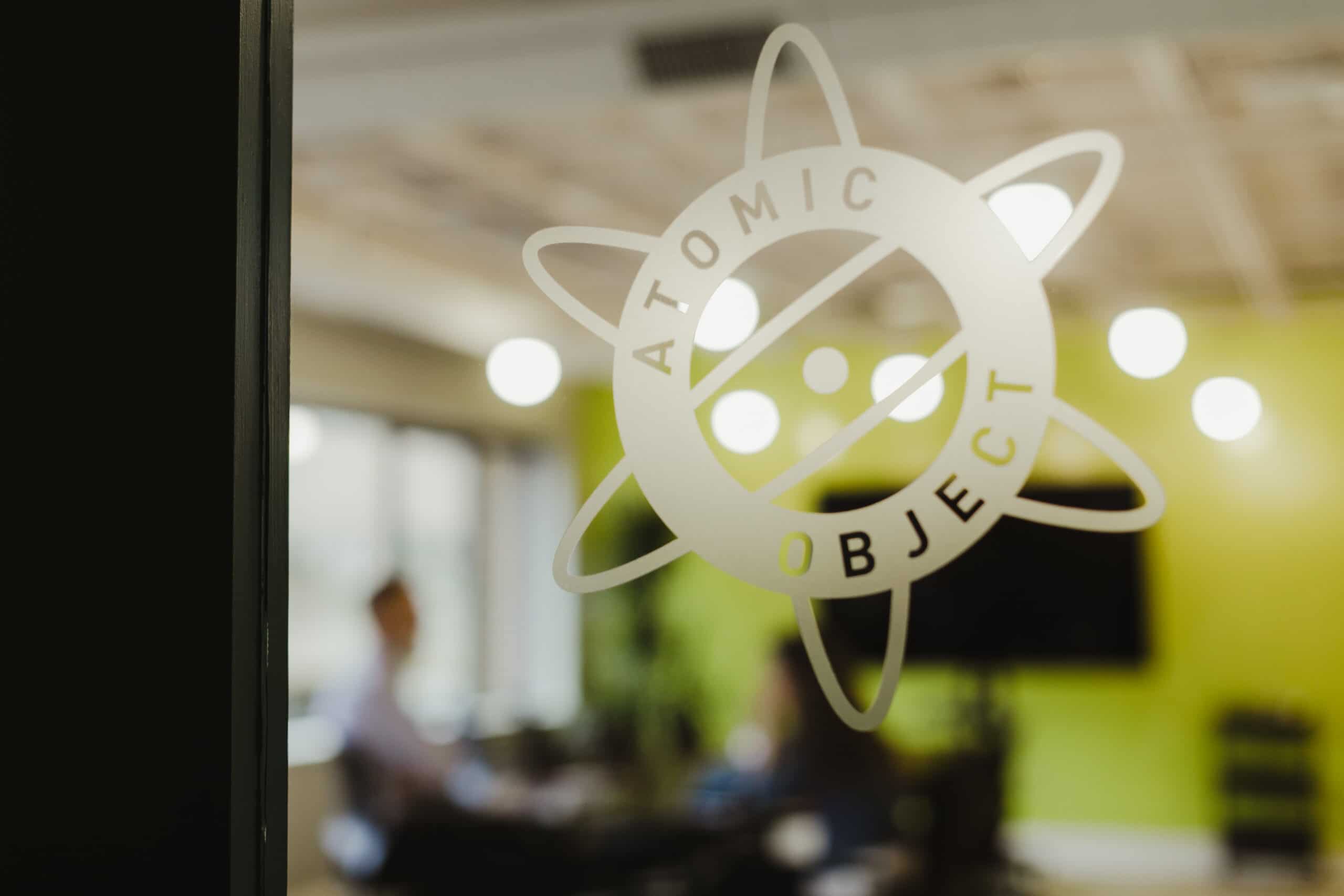For most of my life, I heard a similar message repeated over and over: “Work hard and you’ll get a good job.” I just accepted this as one of those facts of life and kept it in the back of my mind as I moved through life. I never even stopped to think about it until I had worked at several jobs after college. The million-dollar question here is what actually MAKES a job good?
Many factors make up a good or bad job, like pay, stress, job security, etc. I was probably told a thousand times that the reward for my hard work would be this mystical “good” job, but nobody bothered to explain what good means. The obvious answer is a job that you enjoy, but that’s a bit like saying your favorite food is the one that tastes the best.
What is good?
Finding out what exactly about a job makes you like or dislike it is the tricky part. It often boils down to a set of nebulous constraints that can be hard to decipher. With some time and introspection, you can probably figure out what’s important to you over time. But, that leaves the big question of what your options can be.
For instance, I was talking with a family member who just wished they had more time off but hadn’t heard of unlimited paid time off (PTO) plans. When you think about it, how were they supposed to know? Extensive market research can be a difficult proposition even if you’re familiar with the concept. Well, I’m here to offer a simple suggestion that over my decade of working in software engineering never even occurred to me. Work for a company that you like enough that you feel invested in that company succeeding.
Why do you work for the company you do?
One thing every interviewer inevitably asked me was, “Why do you want to work for this company?” To me, it seemed like some holdover from a long-forgotten era where people knew the company they wanted to work for and just applied for it. Maybe that still happens. But, overwhelmingly, my generation really just wants to be able to pay their damn bills in a country with a quickly-widening wealth gap. Sadly, “It seems like it pays not horribly and is slightly less stressful than comparable jobs I saw” doesn’t exactly make for a good impression.
The truth is, however, that I was just looking for a job that had better pay and less stress than my last one. I found I would get fed up with all the nitty-gritty issues at a job and eventually become frustrated that I couldn’t fix them, either through lack of authority or access to time/resources.
The pandemic opened up a world of possibilities.
The pandemic has changed the expectation of remote work for the better, and hopefully forever. When I found myself completely burned out of my last job, I popped onto LinkedIn, and what I saw floored me. There were hundreds of jobs from all over the country, all looking for my skill set. It was vastly different from my last experience when I was job hunting. This meant I got to see and compare so many more options than ever, and all of a sudden I felt like I really knew my options.
Ultimately, I ended up taking an interest in a company that seemed rather intriguing. This company had a lot of things going for it, but one thing that struck me was… I really genuinely liked them. I liked their values and vision so much that I wanted them to succeed, regardless of whether I worked there or not. All of a sudden, the whole job-hunting process felt different. I stopped looking for the most palatable paycheck available. Instead, I was laser-focused on a specific opportunity that I sincerely wanted.
I want my company to succeed.
The interview was a long process spanning several weeks, but honestly, I didn’t mind. I was happy to put effort into achieving a goal that I so fiercely wanted. I worked hard, came prepared, and adapted to some very unfortunate surprise circumstances all with a smile. (A wasp stung me in the neck WHILE talking with the hiring managers during the job offer process!)
I was easily able to keep that attitude moving on to my day-to-day work. My motivation has never been higher to work than it is right now. There are a lot of little pieces that make this true, like the way they treat employees or support the local community. Realistically, though, it all boils down to the fact that I just like them, and I want to actively help them succeed and their goals. I’m not motivated because I’m afraid of being without a job. I’m motivated because I specifically want this one.
Give it a shot.
So the next time you’re in the market, or maybe you’re just dissatisfied with what you’re doing now, consider looking for a company you WANT to work for. Maybe that’s not possible for you. But, if you’re ever unsure, it’s worth trying and seeing if that might be the difference you didn’t know you were missing.

